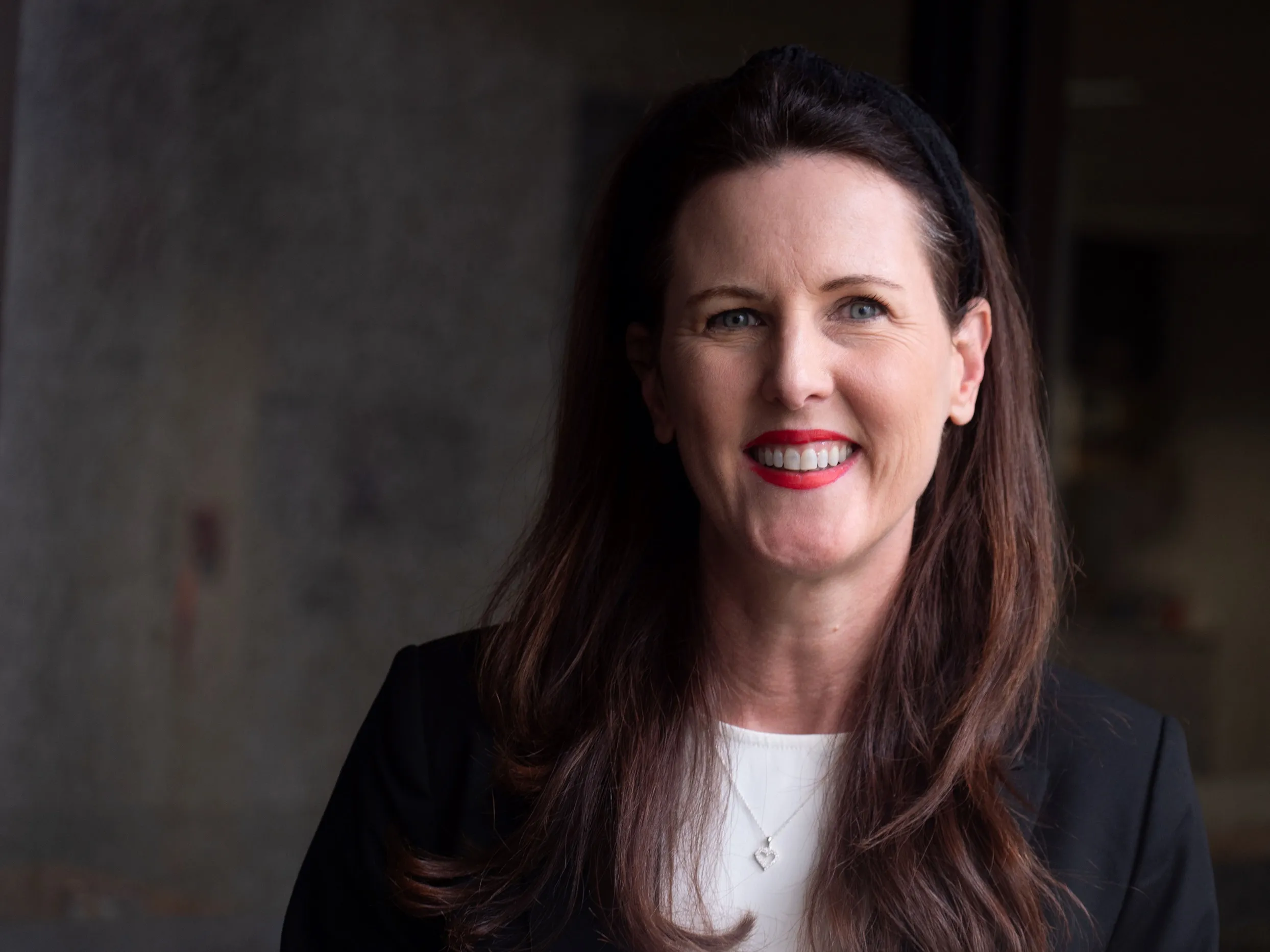
Cybersecurity developer Angoka is to play a major role in three autonomous mobility projects in the UK, following a public competition by the Centre for Connected and Autonomous Vehicles (CCAV).
The first is Harlander, led by Belfast Harbour Commissioners and including BT and Horiba Mira, providing an autonomous passenger transport system.
The second is V-Cal, a collaboration led by the North East Automotive Alliance (NEAA) and including Nissan, Nokia and BP at Nissan Motor Company in Sunderland, focused on autonomous and remote operations of heavy goods vehicles.
Finally the Sunderland Advanced Mobility Shuttle is led by Sunderland City Council and includes Aurrigo and Stagecoach.
"[We] look forward to contributing our unique cybersecurity technology to protect critical data and to ensure the safe and secure operation of autonomous vehicles,” says Angoka chief executive Yuri Andersson.
"Each of the three projects covers different aspects of a whole systems approach to the safe future of integrated mobility and ensures that we can cement our market-leading position in cybersecurity for smart and connected mobility.”
Company chairman Steve Berry says Angoka's solutions can be used for applications such as securing traffic infrastructure, as well as teleoperations for autonomous vehicles and secure operations centres.
"Angoka will use the projects as an opportunity to build state-of-the-art live showcases which will firmly put us on the map as a global leader in C/AV innovation," Berry adds.
CCAV is a joint unit from the UK's Department for Business, Energy, & Industrial Strategy (BEIS) and Department for Transport (DfT), established in 2015.
It works with industry and academia to shape the safe and secure introduction of self-driving vehicles and services on UK roads and leads the UK government’s wider Future of Transport programme.
£100 million of public funding has recently been made available to support the commercial deployment of connected and self-driving vehicles, and to fund research and development of safety and cybersecurity assurance processes.









